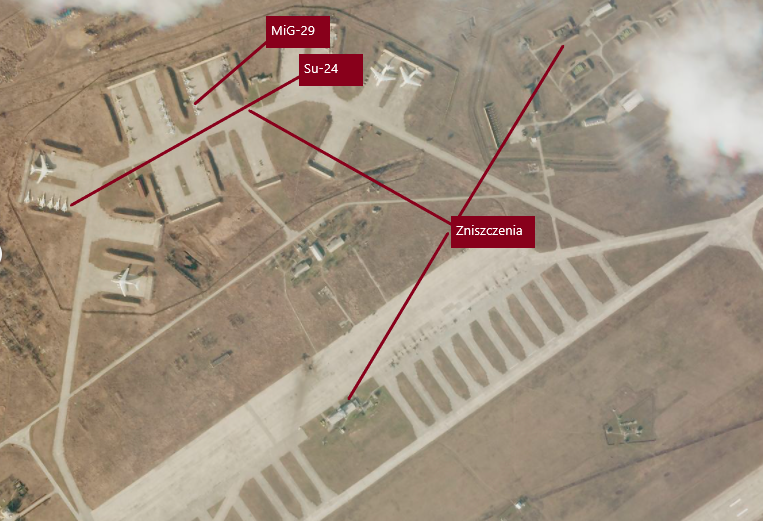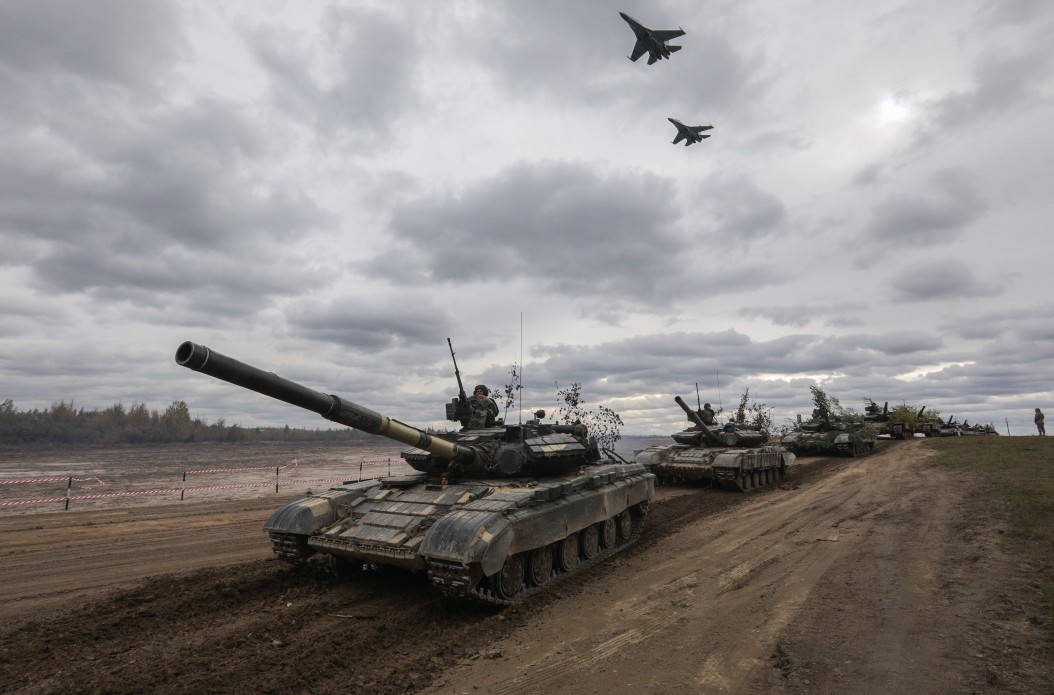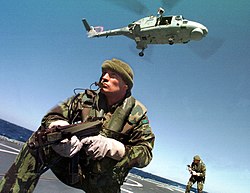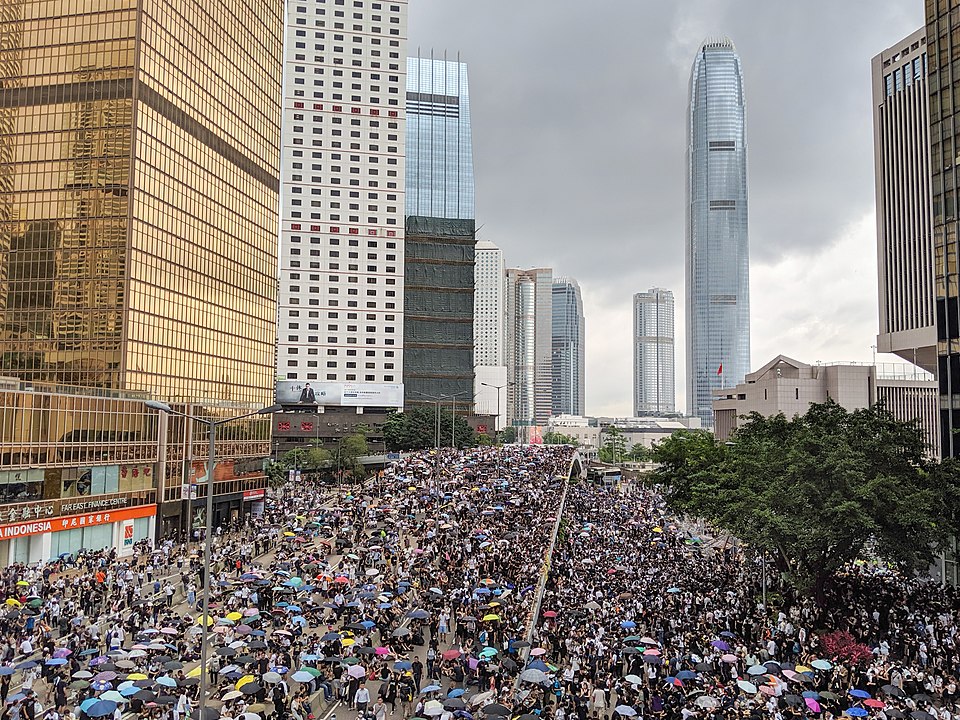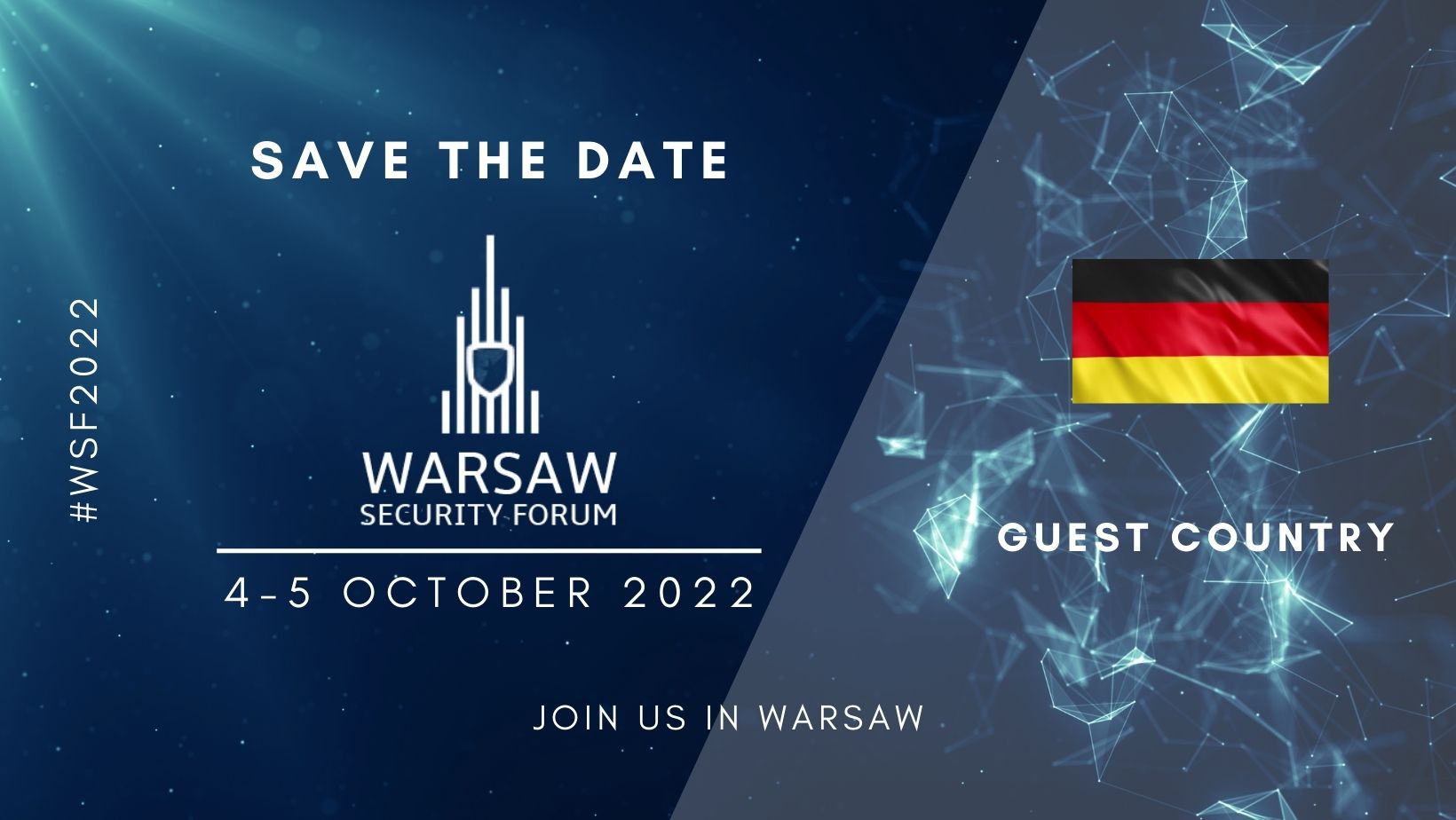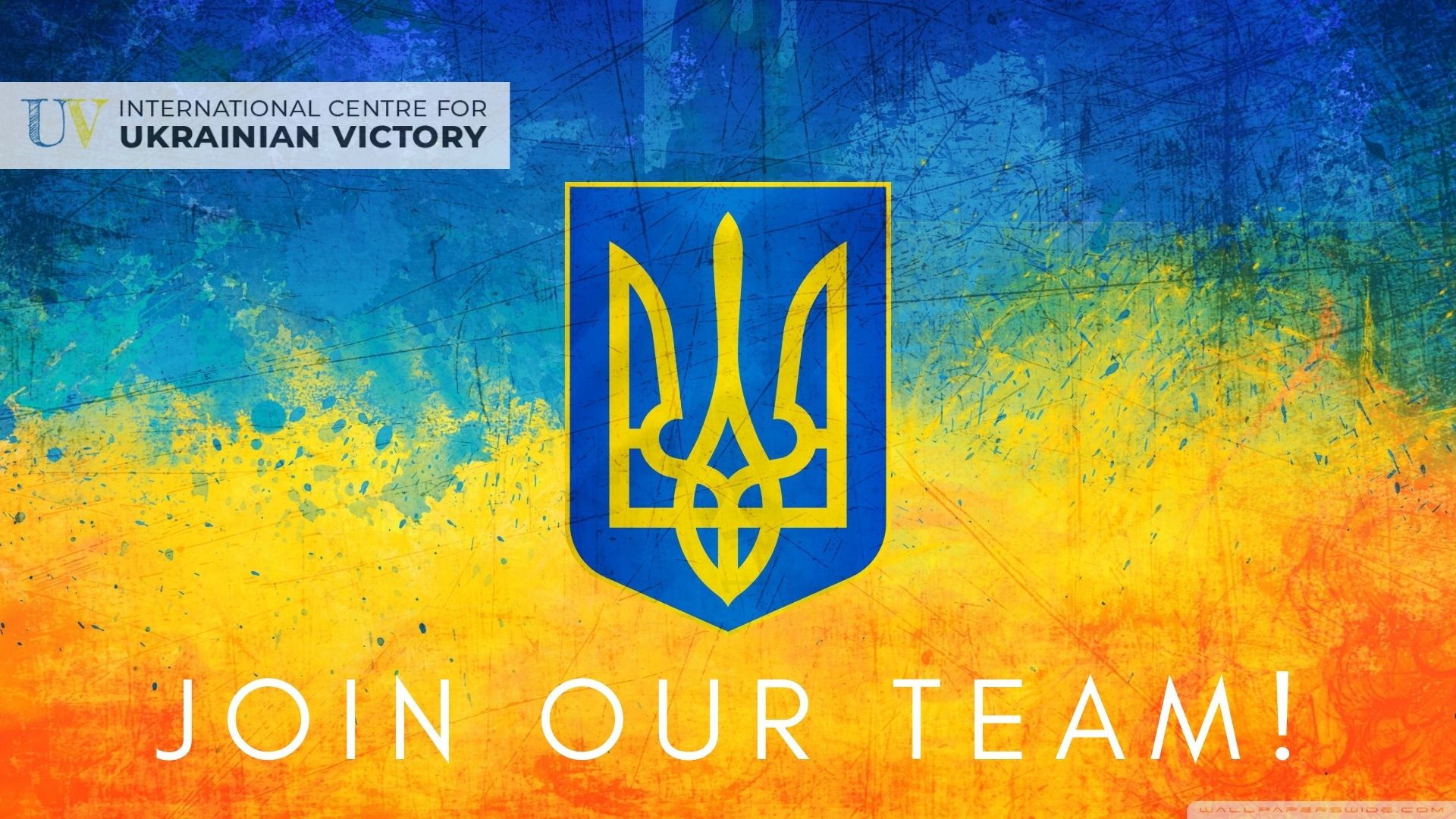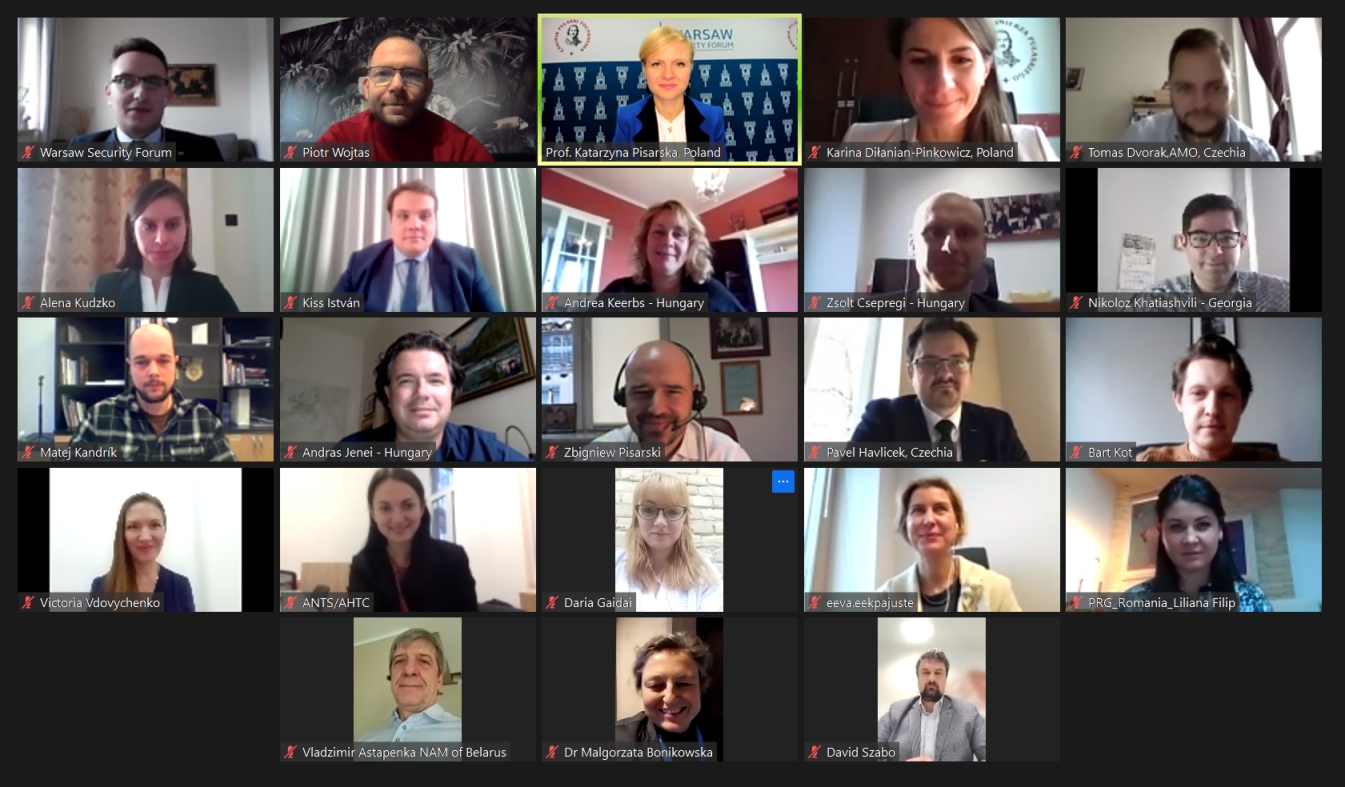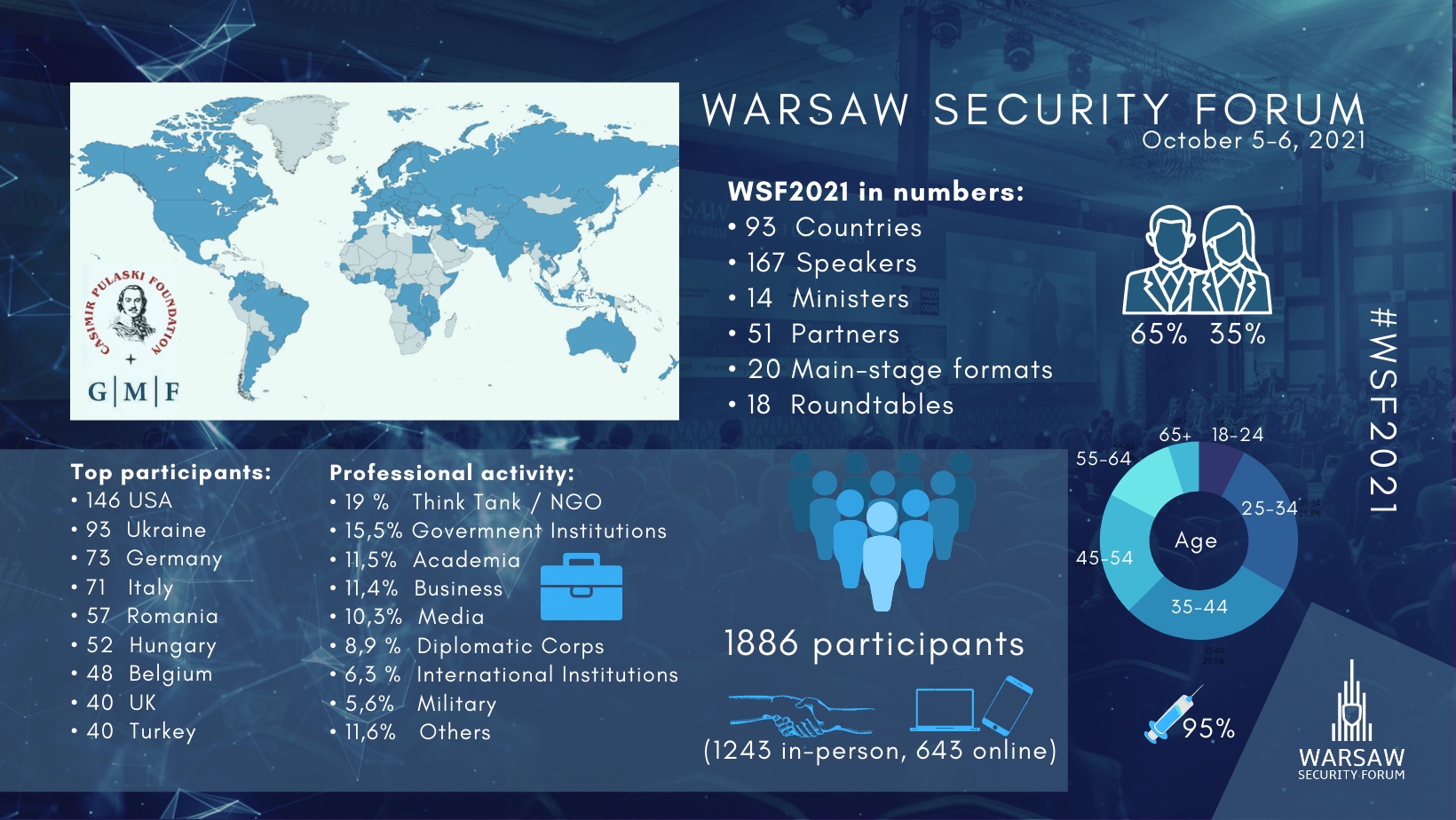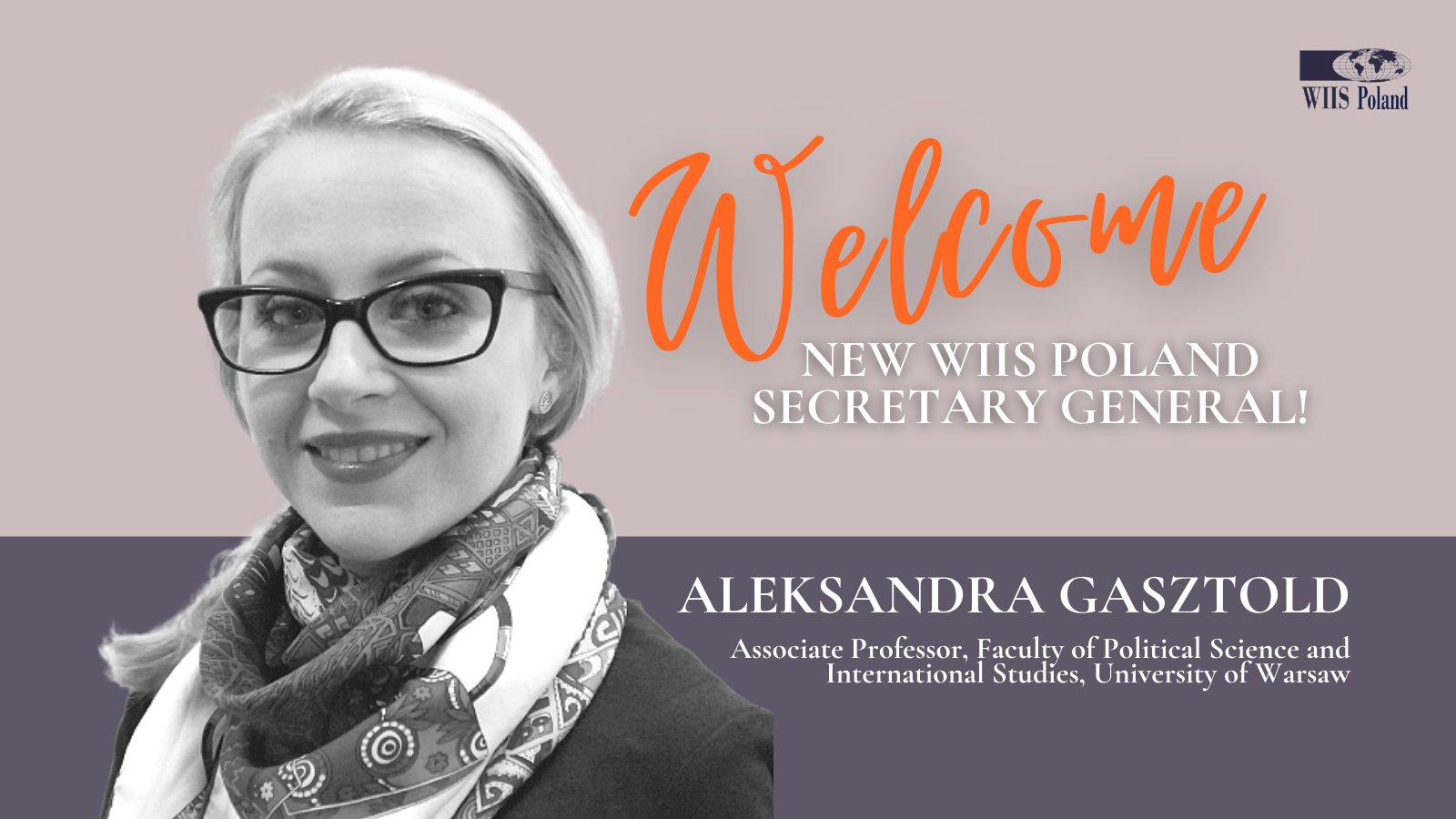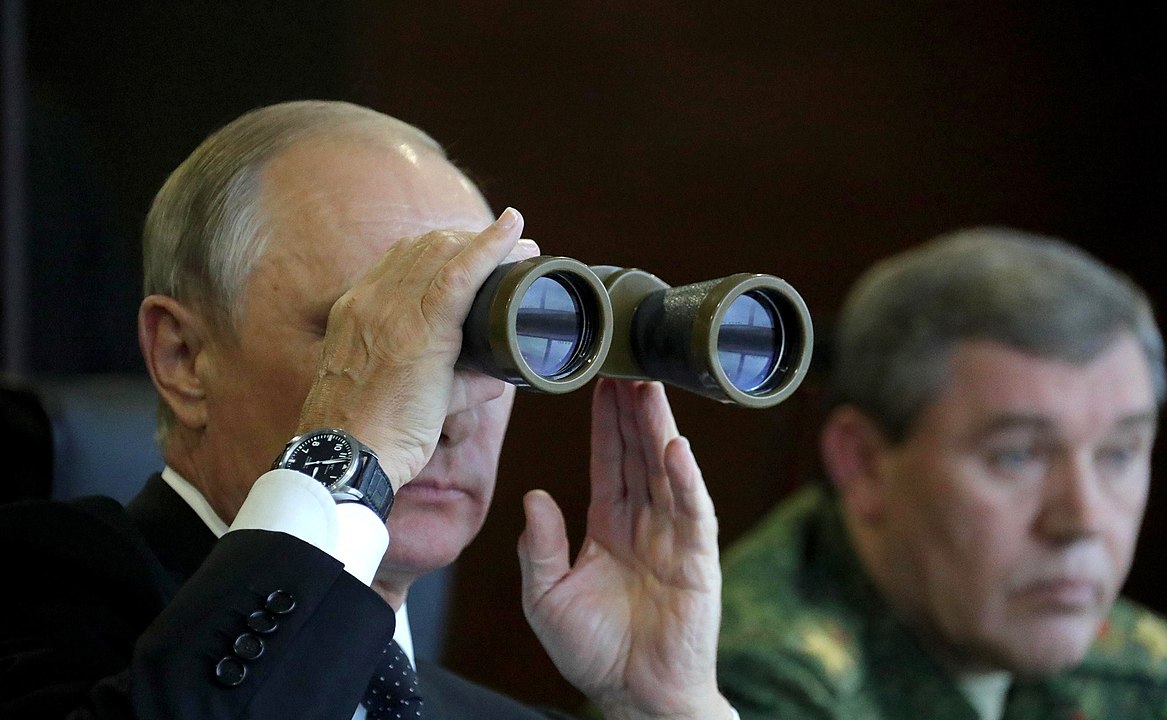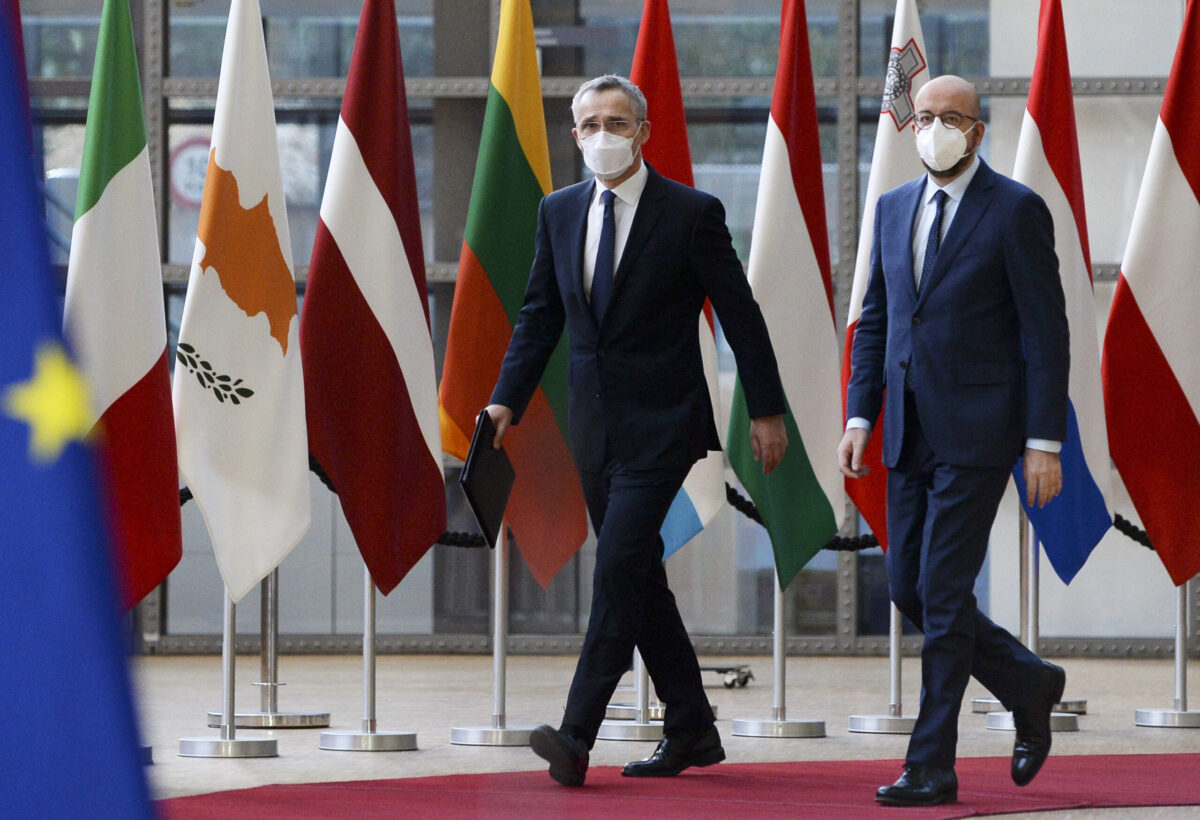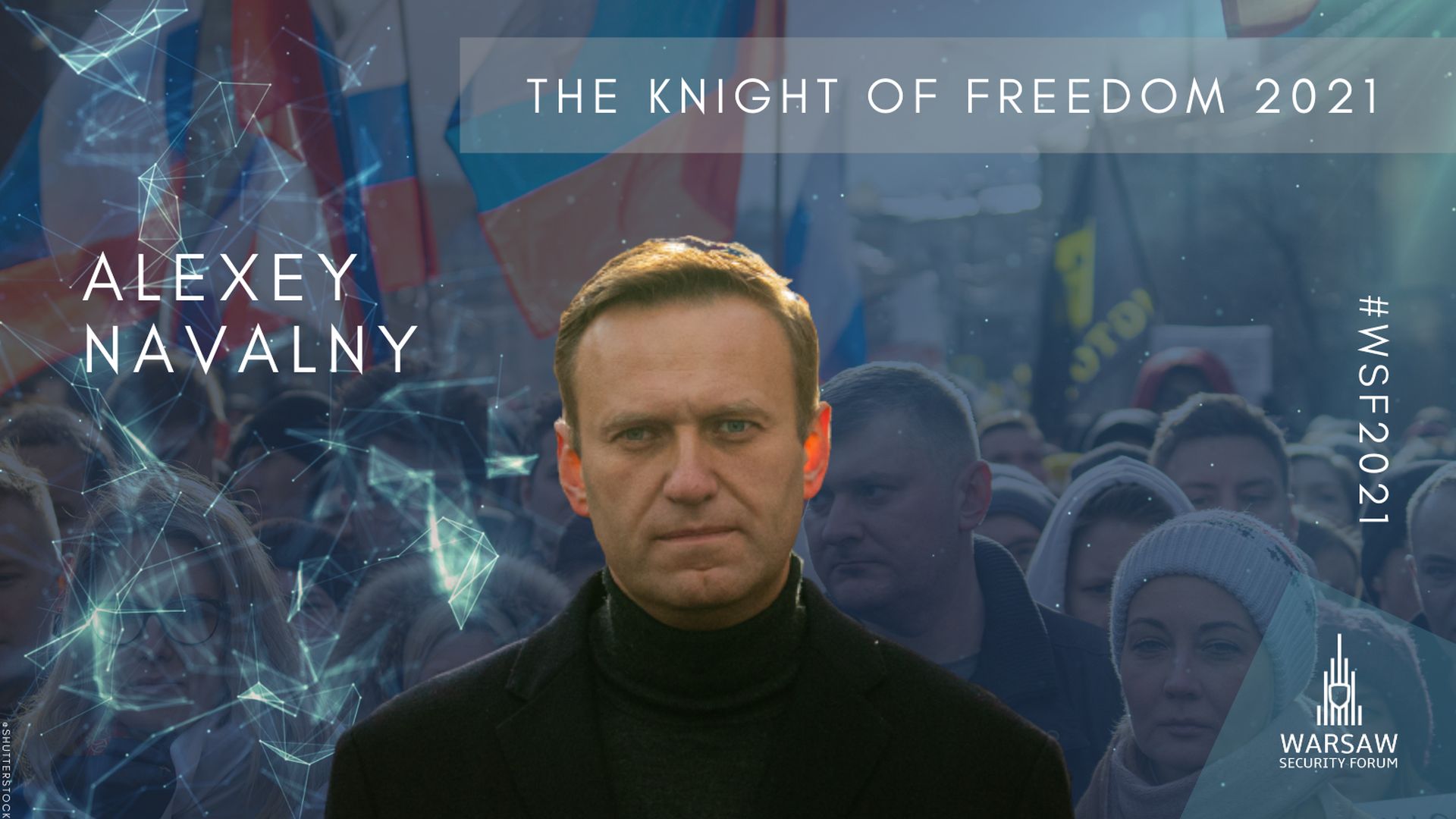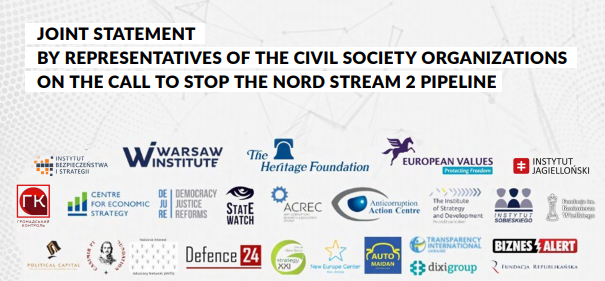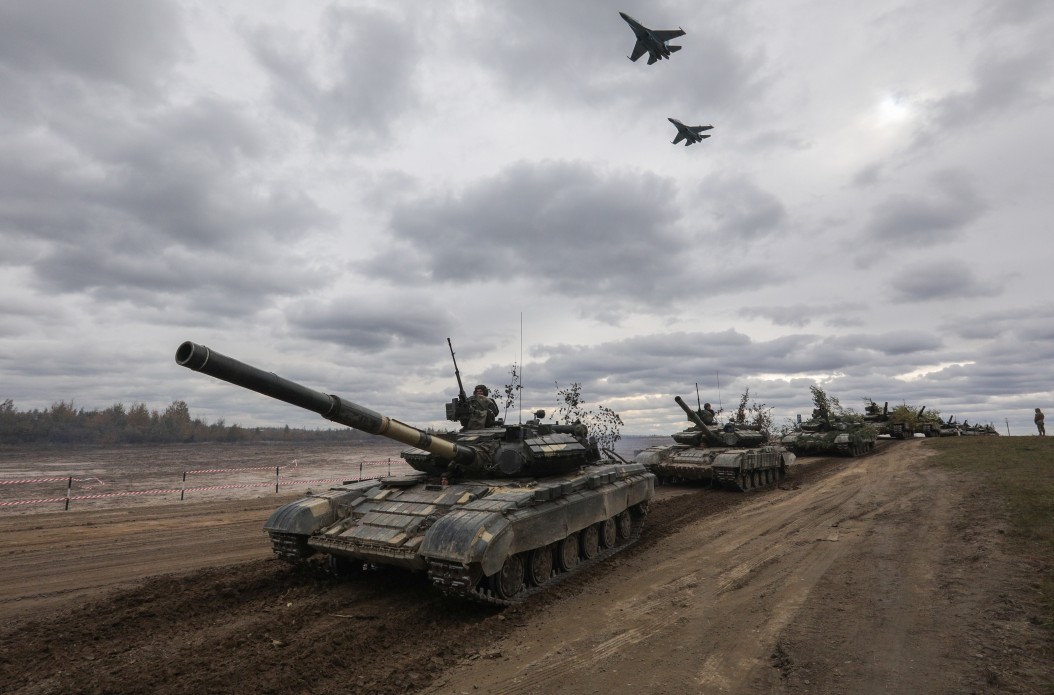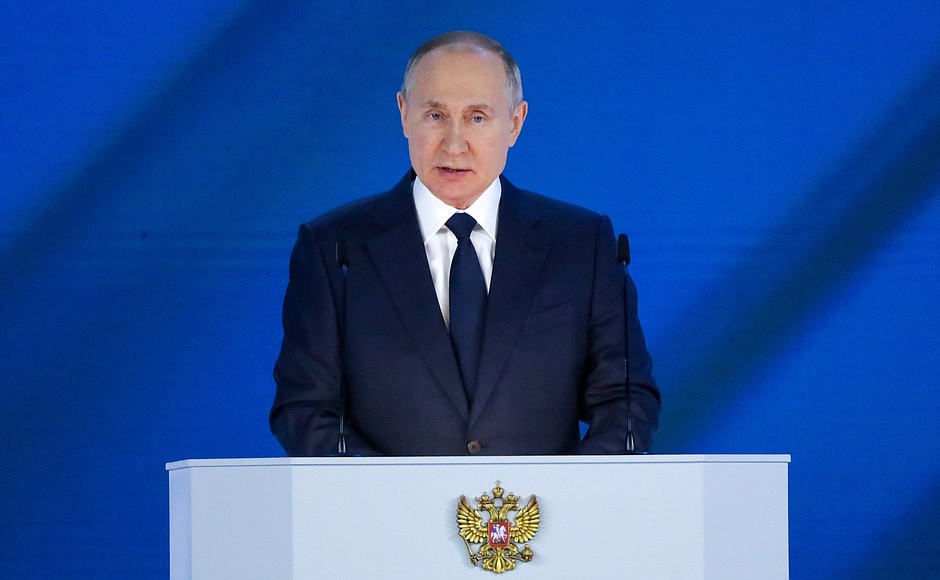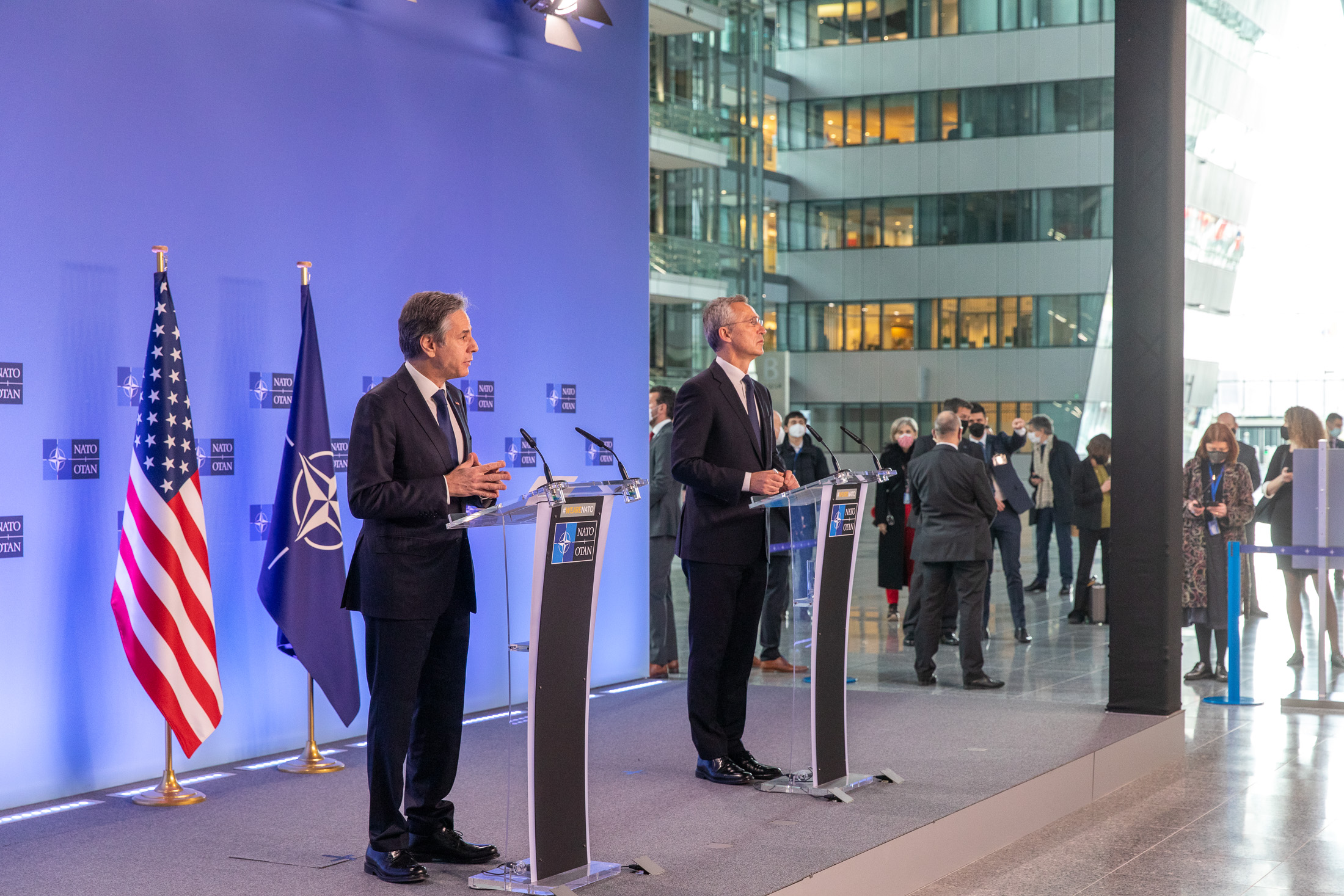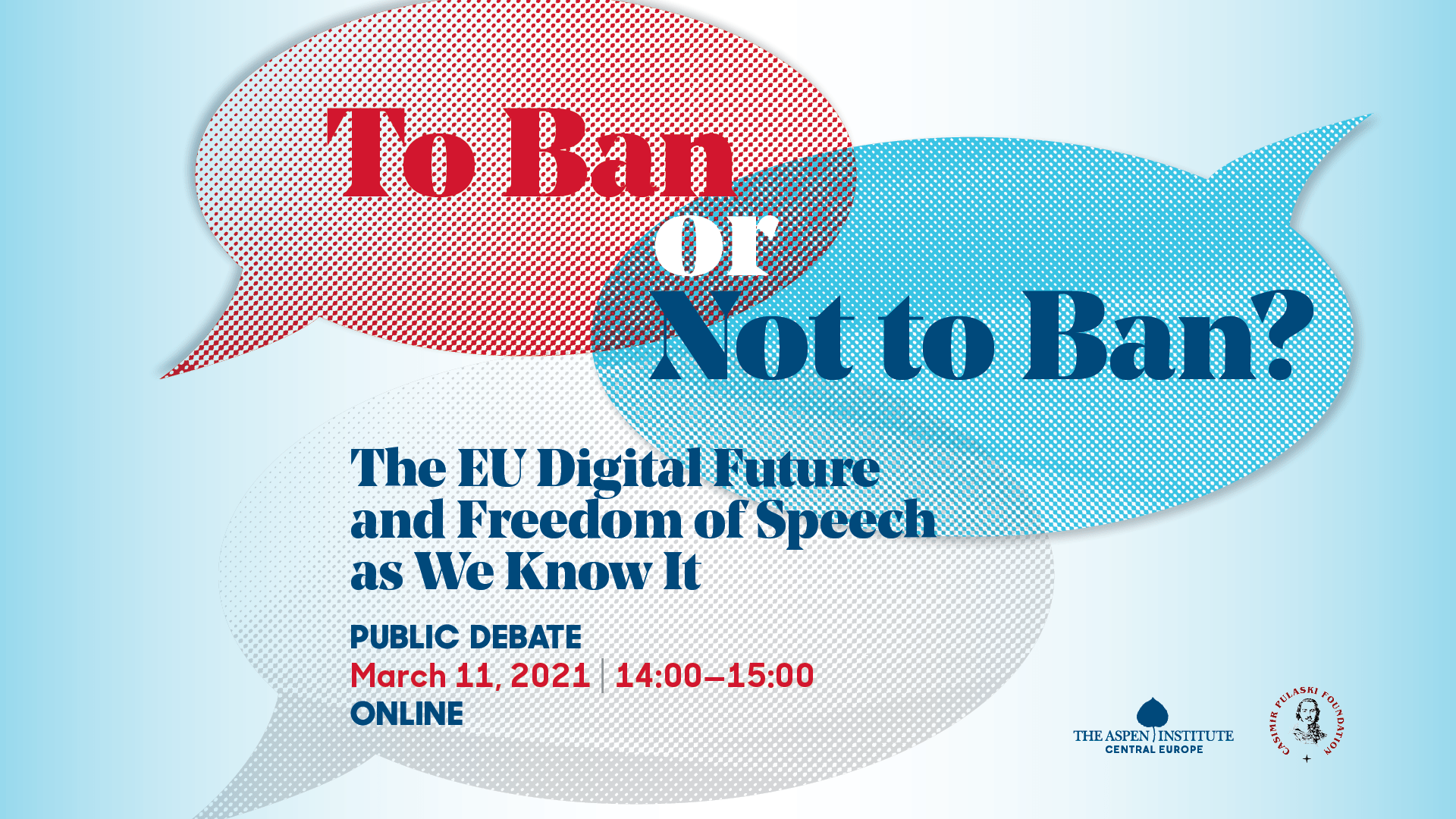On 24 February this year, the Russian Federation, after a phase of increased political-military pressure lasting several months, launched military aggression against Ukraine. After the fourth day of Russian offensive actions there are already clear conclusions as to the probable plans and military objectives of the Armed Forces of the Russian Federation.
Autor: PhD Tomasz Smura
Opublikowano: 28/02/2022
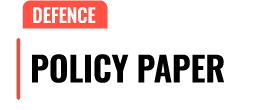
In the last three days, the Casimir Pulaski Foundation and […]
Opublikowano: 27/02/2022
Russian aggression against Ukraine continues. The second day of the conflict, like the first one, began with massive missile attacks on Ukrainian military targets (e.g. air defence systems). The land offensive continued along all operational axis.
Autor: Tomasz Smura
Opublikowano: 26/02/2022
On February 24, 2022 at around 5 am, following months of psychological pressure and hybrid operations that pick up pace in October and November 2021 (before that, a similar type of operation happened in May and April 2021), Russia has decided to launch a full scale invasion of Ukraine. This was in fact the fulfilment of the worst-case-scenario, predicted by the current US administration, to a Kremlin imposed crisis on the Russo-Ukrianian borders.
Autor: Dr. Tomasz Smura
Opublikowano: 25/02/2022
“Comrades – we have been standing on the edge of a precipice. I am glad to say that we have made a great step forward”. This pun from a sketch performed by the Cracow-based cabaret in 1960s was mocking the absurdity of inept propaganda of the Polish communist rulers at the time.
Autor: Robert Pszczel
Opublikowano: 21/02/2022

NATO was founded as an organisation bringing together twelve countries, eleven of which had direct access to the sea, most of which being strongly sea-oriented. This maritime orientation is, with the North Atlantic as its geographical centre, also reflected in the alliance’s name (North Atlantic Treaty Organisation). However, over time (mainly after the end of the Cold War), its structure has changed significantly with the welcoming of numerous countries from Central and Eastern Europe. Still, not least due to its transatlantic nature, large parts of the Alliance’s activities remain focused on the maritime domain.
Autor: ANTONI PIEŃKOS & JULIAN PAWLAK
Opublikowano: 04/02/2022
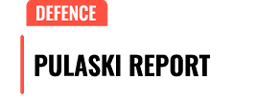
Hong Kong has drawn the world’s attention again as the European Parliament adopted a resolution on the violation of fundamental freedoms in the city on 20 January 2022.
Autor: Iverson Ng
Opublikowano: 30/01/2022
We are pleased to announce that the Warsaw Security Forum will […]
Opublikowano: 20/01/2022
Background The International Centre for Ukrainian Victory (ICUV) was established […]
Opublikowano: 20/12/2021
On Tuesday, Dec 7, the Casimir Pulaski Foundation launched its […]
Opublikowano: 07/12/2021
Almost 1900 participants from 93 countries, 167 Speakers, 20 main-stage […]
Opublikowano: 15/11/2021
The Women In International Security (WIIS) Poland Steering Committee is pleased to announce that […]
Opublikowano: 10/11/2021
Russia has conducted Zapad-2021, the latest instalment of its quadrennial joint military exercises with the Republic of Belarus. They lasted from the 10th until the 16th of September 2021. A large part of the exercise took place on the territory of Belarus, requiring a significant number of Russian military units to be transported into the former Soviet republic, where they carried out the various manoeuvres that the Zapad-2021 set of operational objectives required from them.
Autor: Reuben F. Johnson
Opublikowano: 04/11/2021

We, the representatives of the Casimir Pulaski Foundation, the Antall József Knowledge Centre, EUROPEUM Institute for European Policy and the Slovak Security Policy Institute; have the privilege of presenting to you a special report, wtitten by sixteen senior defence experts and entitled “The V4 towards a new NATO Strategic Concept and the EU Strategic Compass”. The document is a summaryof a broader project entitled: “Returning to the roots of the Visegrad cooperation – coordinating V4 strategy towards NATO Strategic Concept and European defence autonomy” that is supported by the International Visegrad Fund.
Autor: The Casimir Pulaski Foundation, The Antall József Knowledge, Centre EUROPEUM Institute for European Policy, The Slovak Security Policy Institute
Opublikowano: 03/10/2021

Every year the Casimir Pulaski Foundation is presenting The Knight of Freedom award to individuals who have made significant contributions to the promotion of democracy, freedom, and equality worldwide.
Opublikowano: 30/09/2021
Announcement – The final Webinar of “The V4 towards NATO Strategic Concept and Strategic Compass” grant will take place on the 9th of September at 12:00 CEST
Autor: FKP
Opublikowano: 09/09/2021
[vc_row][vc_column][vc_column_text]9 August 2021 – Nord Stream 2 (NS2) is a […]
Opublikowano: 06/09/2021
[vc_row][vc_column][vc_separator][/vc_column][/vc_row][vc_row][vc_column][vc_column_text] Announcement – The 3rd Webinar of “The V4 towards […]
Opublikowano: 24/08/2021
[vc_row][vc_column][vc_separator][/vc_column][/vc_row][vc_row][vc_column][vc_column_text] Announcement – The 2nd Webinar of “The V4 towards […]
Opublikowano: 29/07/2021
[vc_row][vc_column][vc_column_text]The Casimir Pulaski Foundation (CPF) offers the opportunity to volunteer […]
Opublikowano: 18/06/2021
Traditionally, NATO summits are the landmark events for the entire organisation – unlike for example in the case of the European Union, they normally take place only every few years and thus the pressure to come up with strategically oriented decisions is very strong (and usually delivered upon). What is the initial scoresheet of the summit held “in the pivotal time for our Alliance” on June 14th, 2021?
Autor: Robert Pszczel
Opublikowano: 15/06/2021
For years after the Cold War invading one its neighbours had been deemed largely unthinkable. That is, until Moscow’s military rolled across the border of Georgia in August 2008 and seized two provinces which it still occupies today. A similar land grab of Ukrainian territory was fraught with horrendous consequences. In 2014, Russian President Vladimir Putin invaded both Crimea and the Eastern Donbas regions. To this day the latter remains a war zone with massive devastation throughout and more than 13,000 persons killed – 25 per cent of those being civilians.
Autor: Reuben F. Johnson, Research Fellow at Security and Defence Programme of Casimir Pulaski Foundation
Opublikowano: 13/05/2021
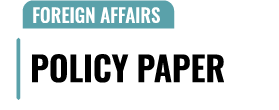
Only those, who want to practice the three wise monkeys pose (see no evil, hear no evil, speak no evil) can continue pretending that a direct confrontation with Russia is not upon us. No exercise in wishful thinking can obscure the threat to the post-Cold War stability, brought about by Russia’s recent actions targeting Ukraine, the West and international norms in general.
Autor: Robert Pszczel
Opublikowano: 21/04/2021
Recent meetings and decisions taken by NATO and European institutions have provided more reasons for optimism for those who care about the condition of the Transatlantic community of states. The new US administration is walking the walk. It is methodically outlining its key strategies and reinvigorating alliances and partnerships. This is hugely important because there is no time to waste, as both Russia and China are openly challenging the West and its values.
Autor: Robert Pszczel
Opublikowano: 30/03/2021
Join us for an online debate titled “To Ban or […]
Opublikowano: 10/03/2021

